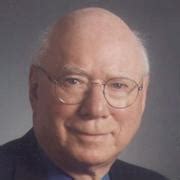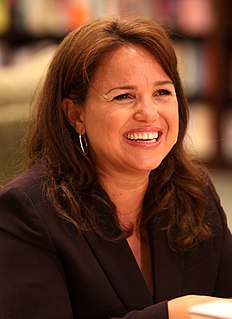A Quote by Donald O. Clifton
Back in the 1930s, Carl Jung, the eminent thinker and psychologist, put it this way: Criticism has 'the power to do good when there is something that must be destroyed, dissolved or reduced, but [it is] capable only of harm when there is something to be built.
Related Quotes
If one of you sees, sometime, something unedifying and so much as goes on to pass it on and put it into the heart of another brother, in doing so you not only harm yourself but you harm your brother by putting one more little bit of knavery into his heart. Even if that brother has his mind set on prayer or some other noble activity, and the first arrives and furnishes him with something to prate about, he not only impedes what he ought to be doing, but brings a temptation on him. There is nothing graver or more deadly than this doing harm, not only to himself but also to his neighbor.
Carl Jung tells in one of his books of a conversation he had with a Native American chief who pointed out to him that in his perception most white people have tense faces, staring eyes, and a cruel demeanor. He said: “They are always seeking something. What are they seeking? The whites always want something. They are always uneasy and restless. We don't know what they want. We think they are mad.
Free will is something that people struggle with so much, but it's very simple to me. Carl Jung said at the same moment you're a protagonist in your own life making choices, you also are the spear carrier, or the extra, in a much larger drama. You've got to live with these two opposite ideas at the same time.
Philemon explained how Jung treated thoughts as though they were generated by himself, while for Philemon thoughts were like animals in the forest, or people in a room, or birds in the air. Jung concluded that Philemon taught him psychic objectivity, the reality of the psyche. This helped Jung to understand that there is something in me which can say things that I do not know and do not intend.



































